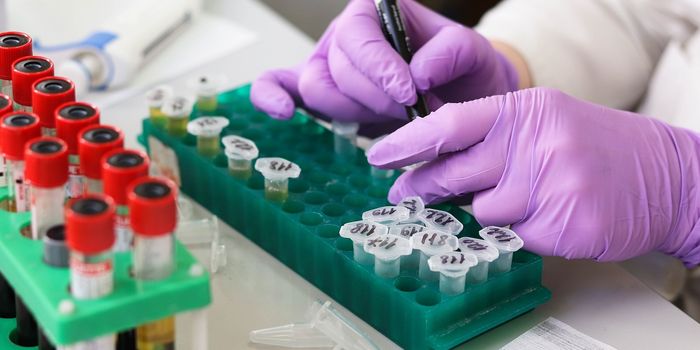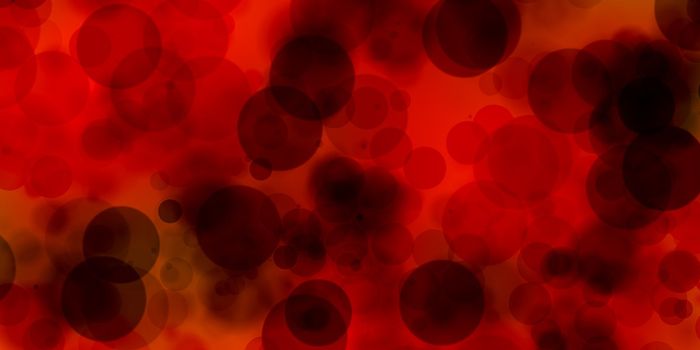New research on fusion proteins that may help young patients with synovial sarcoma
New research is published by scientists at Dana-Farber Cancer Institute have discovered new information that may help patients with synovial sarcoma, a highly aggressive and rare cancer. The research was published recently in Nature Structural and Molecular Biology.
"We have for the first time defined the molecular basis for the cancer-specific targeting properties of the culprit fusion protein, SS18-SSX, found in 100% of cases of synovial sarcoma," said lead investigator and senior author Cigall Kadoch, PhD. "Importantly, this provides a powerful new therapeutic identification strategy for the drug discovery industry" to synthesize drugs capable of impeding interactions between the abnormal fusion protein and nucleosomes.
Sarcoma is triggered by a cellular anomaly when two proteins are joined to form a fusion protein that then causes malignant malfunctions. When the SS18-SSX fusion oncoprotein replaces the normal SS18 subunit in BAF chromatin remodeling complexes, the wrong chromatin sites are activatedSynovial sarcoma affects muscle tissues in the extremities and mostly affects young people.
In this most recent research, Kadoch and her team expanded upon their past work, identifying the complex process of how the SS18-SSX fusion protein and BAF complexes were targeted to the wrong sites. The process involves the erroneous binding of the fusion protein to the acidic patch on nucleosomes, which ultimately causes the activation of cancer-related genes.
The authors write in their publication, “Our results describe a functional interplay between a key nucleosome binding hub and a histone modification that underlies the disease-specific recruitment of a major chromatin remodeling complex.”
The investigators hope their findings will inform the drug development industry to help produce better treatment options for patients. As Kadoch concludes, "these results suggest that inhibition of the interactions between SS18-SSX-bound BAF complexes and H2AK119Ub -marked nucleosomes using small molecules or peptides may prove a viable therapeutic strategy for synovial sarcoma."
Sources: Nature Structural and Molecular Biology, Eureka Alert








